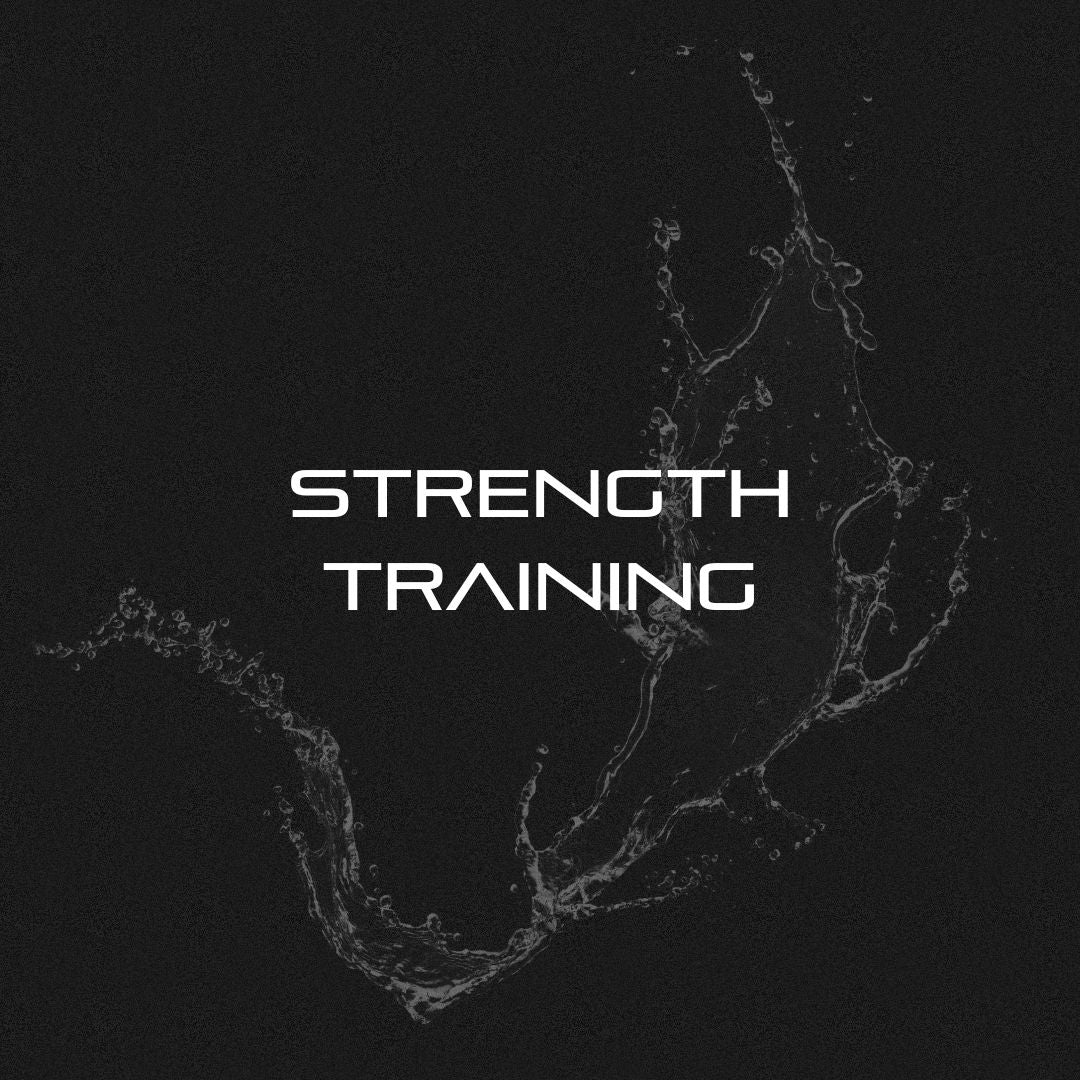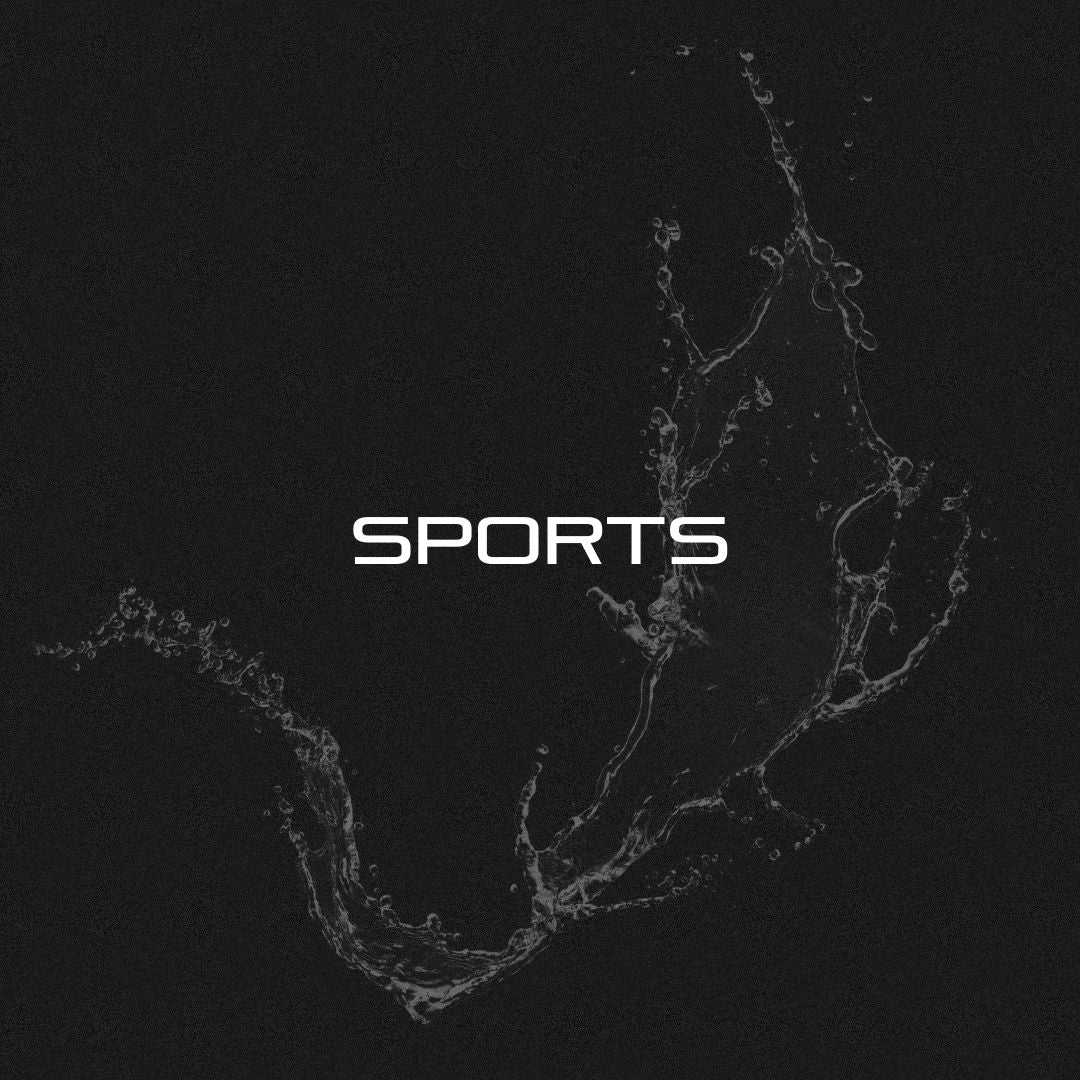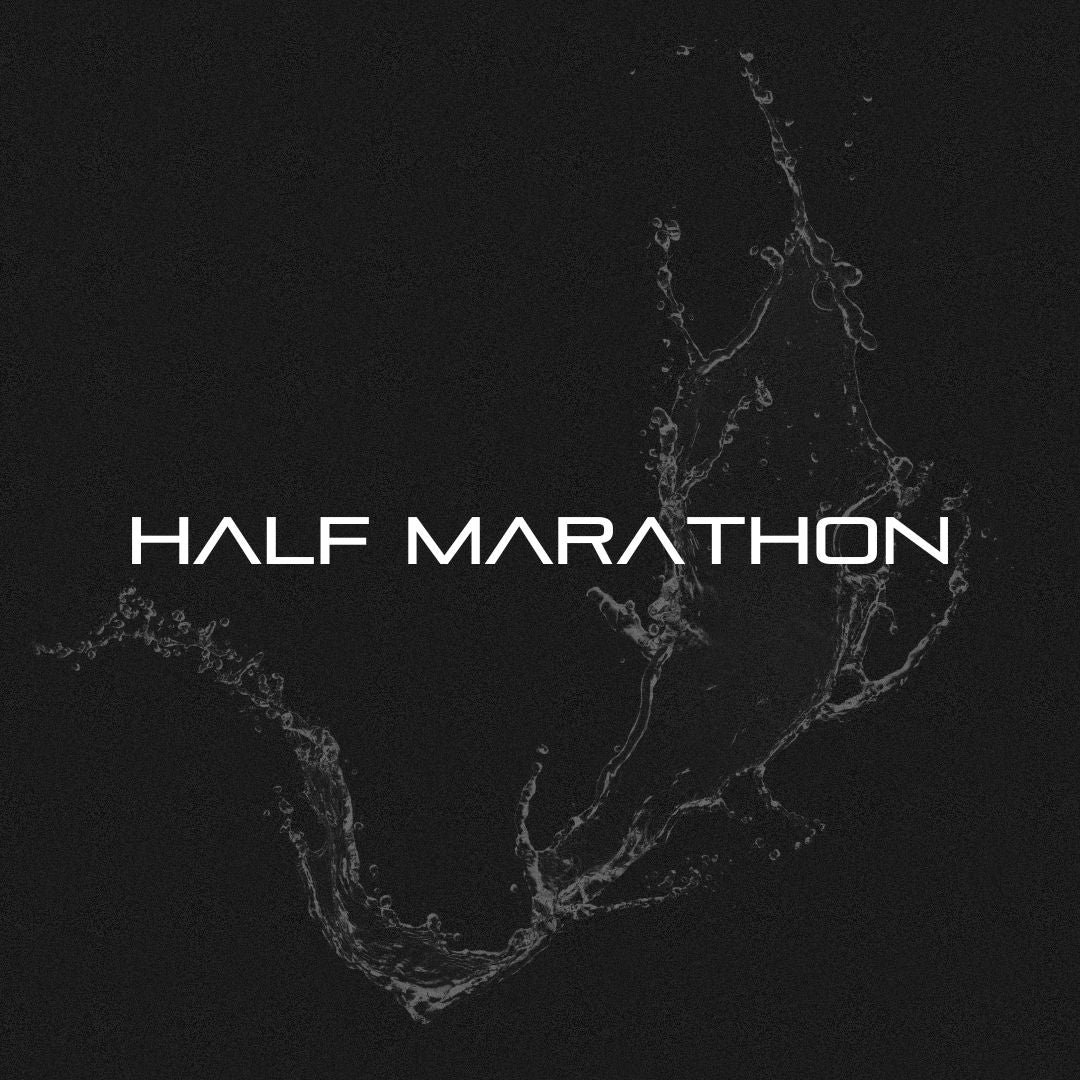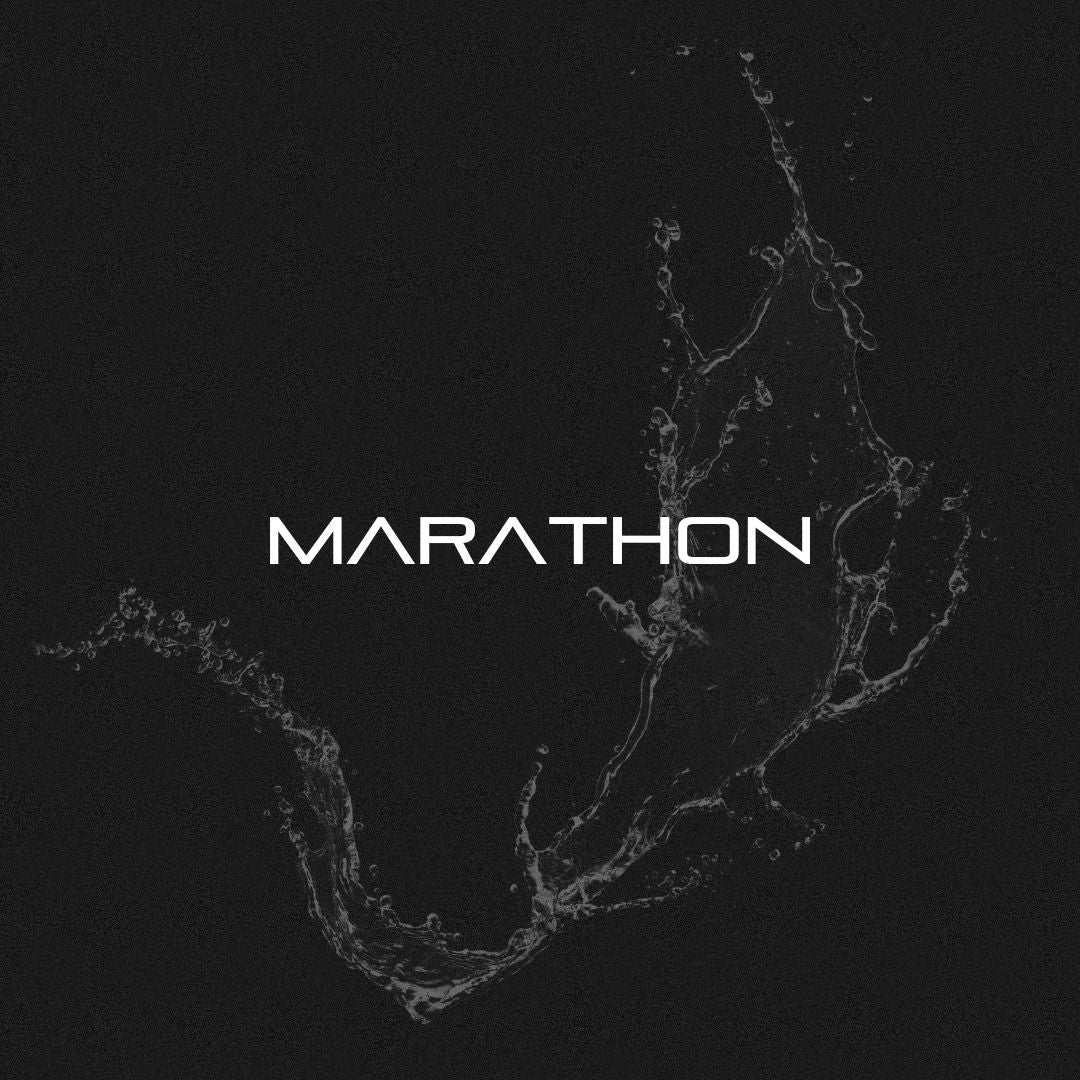How to Fuel
A strategic combination of water, electrolytes, and carbohydrates will support your overall strength and endurance.
*Body composition, sweat rate, weather, type of sport, training status, and intensity are unique factors that will vary your customized fueling plans.
Water
Water plays a critical role in training and competition by regulating body temperature and maintaining blood circulation. It supports nutrient transport and metabolic function, ensuring that muscles get the energy they need.
Electrolytes
Sodium helps maintain fluid balance, increases blood volume, and keeps muscles firing for aerobic and anaerobic activity. Potassium helps nerves fire, muscles contract, and maintains the sodium/potassium pump.
Carbohydrates
Muscle glycogen and blood glucose are the primary sources of energy for contracting muscles. An optimal dietary carbohydrate intake enhances recovery and optimizes glycogen stores for the next workout.
Need a Fuel Guide for something else?
Reach out to nest@drgnsalt.com with the subject line 'Fuel Guide Request' and detail what you're looking for. We'll do our best to add it to this page.






